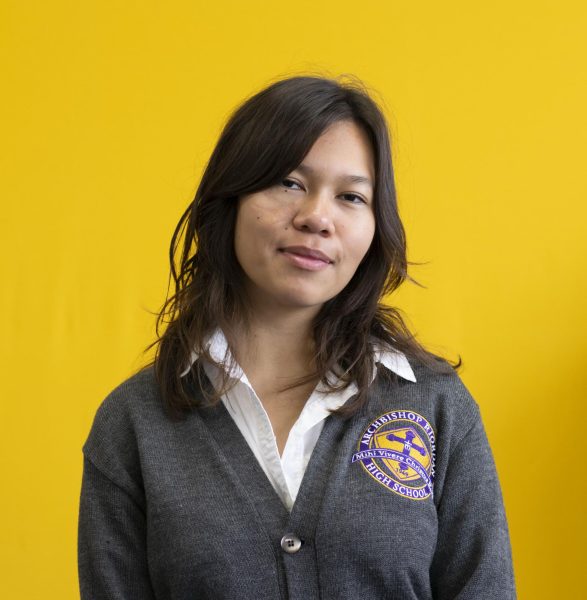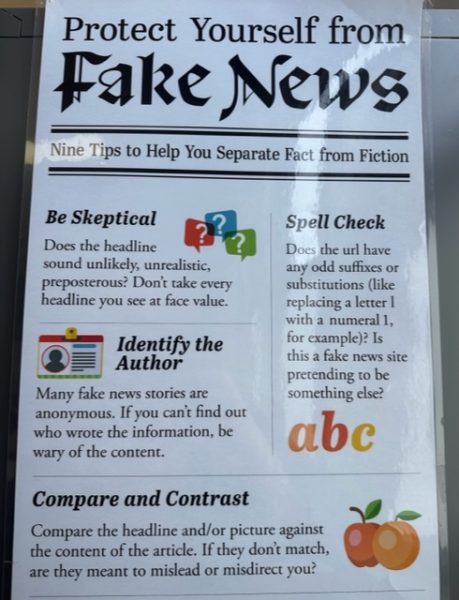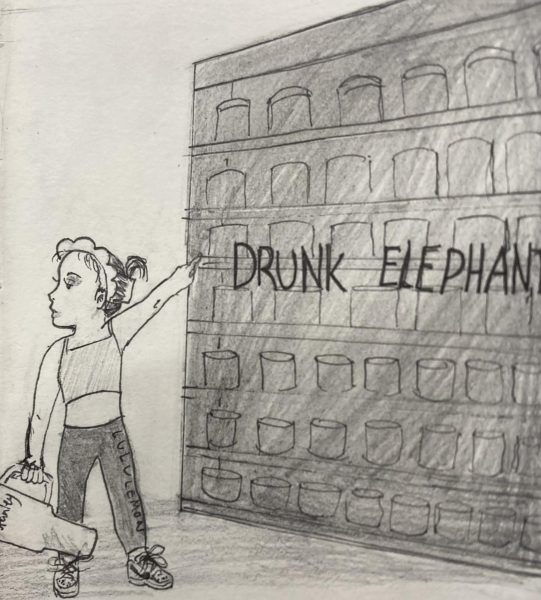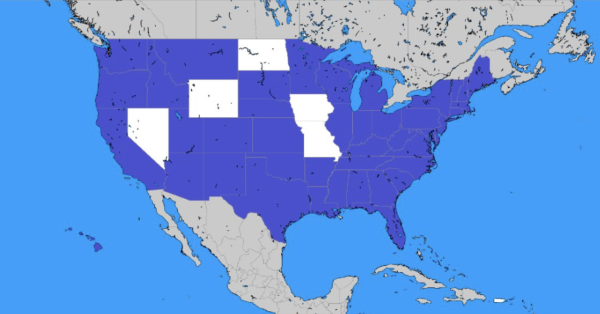Should we go all in on Artificial Intelligence?
May 16, 2023
Although AI has been around for a while now, ChatGPT took the world by storm when it was released on Nov. 30, 2022 by OpenAI because it forced us to reckon with how far we’re really letting AI go.
What once seemed like harmless fun when we were asking Siri to beatbox, is now looking more and more dystopian when we confront eerily lifelike robots and ChatGPT. Someone really needs to ban the computer science major.
There’s a myriad of issues with AI that can’t be covered in a short article. There’s the issue of plagiarism, whether AI should be creating “art,” how it’s taking away human jobs, and humanity’s dangerous “do it because we can” mindset when it comes to robots. But those are all issues we already have some awareness about.
A little known consequence, however, is how AI worsens misogyny in social media and the workplace.
Social media companies use AI to determine what to suppress and amplify in algorithms. A Guardian investigation found that AI tools objectify female bodies by rating pictures of women as more “sexually suggestive” than men in everyday situations, especially when pregnant bellies and exercise are involved.
These tools are meant to limit inappropriate content, but the problem arises when the mere existence of women is flagged as “racy.”
Leon Derczynski, a professor of computer science at the IT University of Copenhagen, says, “Objectification of women seems deeply embedded in the system.”
This results in the suppression of female presence in public forums, exacerbating current day sexism.
This may be due to the fact that most AI algorithms are developed by males. Margaret Mitchell, chief ethics scientist at AI firm Hugging Face thinks it is because photos used to train the algorithms were labeled by men who perceive fellow men working out as “fitness” but women working out as “sexual.”
Artificial intelligence is only as good as the data it’s trained on, and the data it’s trained on is pretty sexist.
It’s not just social media, though. The inherent sexism in AI tools will also be detrimental to female applicants who are applying to jobs. A few years ago, Amazon used an AI recruiting and hiring tool meant to filter in top talent.
However, that system rated men more highly than women. That’s because the system was trained to observe patterns in hired resumes over a 10 year period, most of which were male.
The AI essentially learned that male applicants were preferable and even downgraded candidates from all-female colleges and penalized resumes including the word “women’s.” Eventually, Amazon scrapped the system, but it carries concerning implications for women in the workforce as companies around the world become more reliant on AI to do jobs.
Proponents of AI say it’s a mark of progress and innovation for humanity, but clearly women are being left behind. It seems that when people say AI leads to progress, they only mean progress for men.












